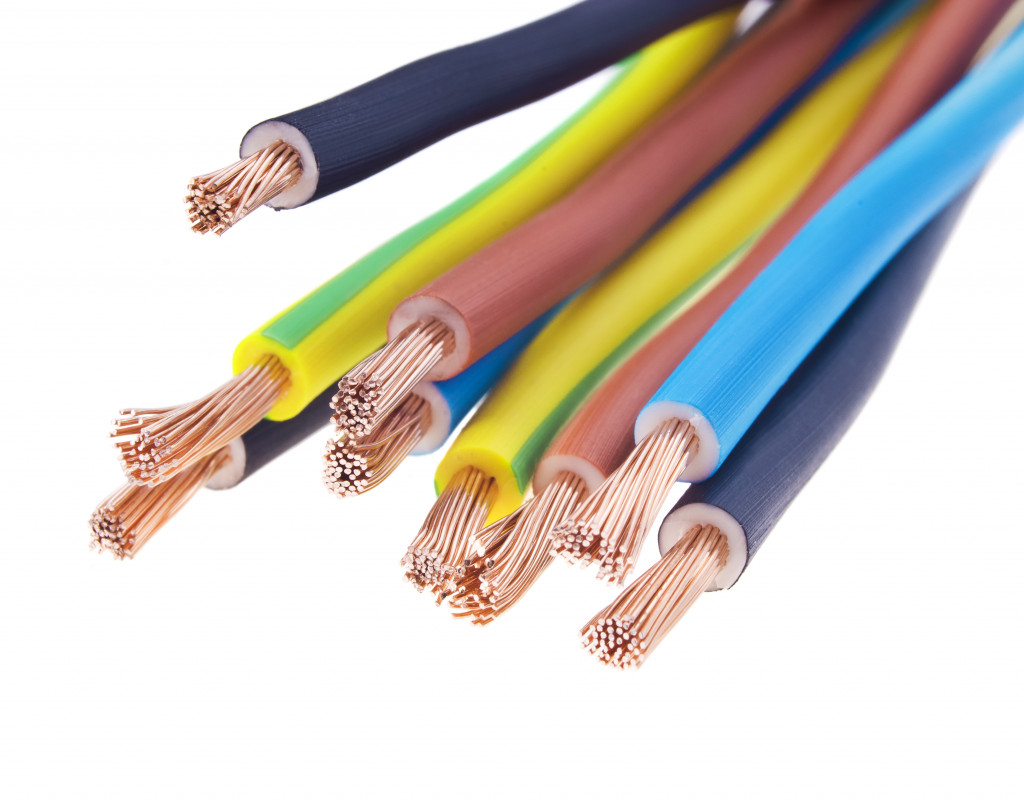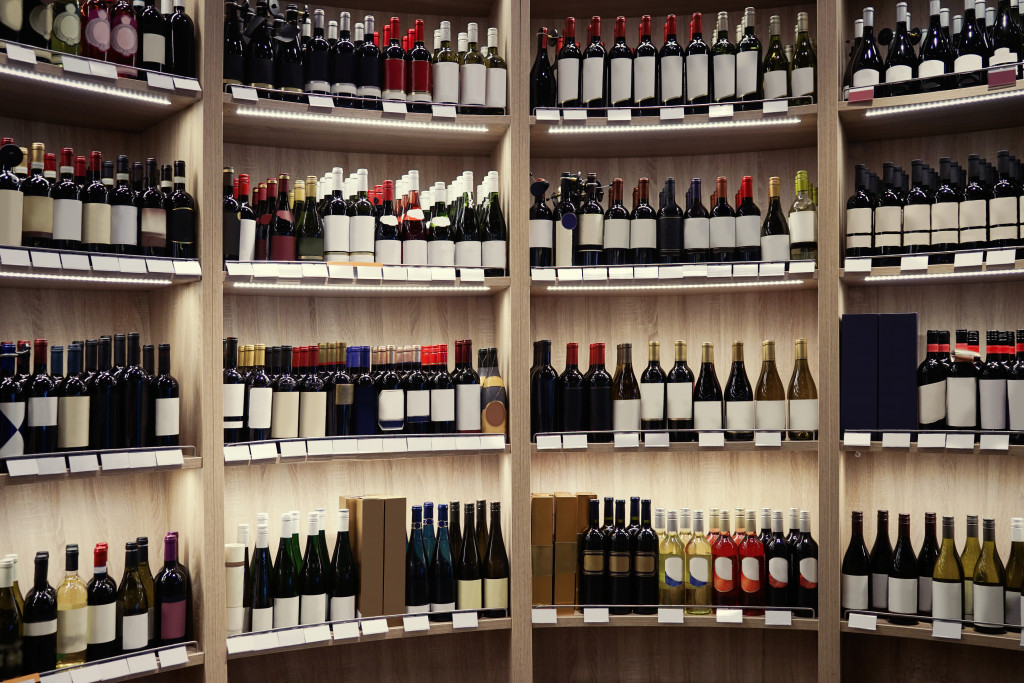- Properly considering space and materials affect the ambiance and effectiveness of a wine cellar in a restaurant.
- Storage racks or cases can help organize & protect wine bottles and glasses, regulate temperature and humidity, and maintain quality.
- Choosing the suitable flooring material is crucial as it should be easy to clean and maintain, durable, slip-resistant, and moisture-resistant.
- Planning and installation of electrical wiring and outlets should follow the necessary specifications.
When constructing a wine cellar room in your restaurant, consider several things. With these in mind, you can create a functional and stylish space that will enhance your restaurant’s atmosphere while preserving the quality of its wines over time.
The size and layout of the space
Properly considering the size and layout of the space is crucial when building a wine cellar room in a restaurant. This not only ensures that you maximize the use of the available area but also affects the room’s overall ambiance.
A well-designed wine cellar can draw in customers and increase sales. Additionally, considering aspects such as the room’s location, insulation, and the materials used will play a significant role in the effectiveness of the cellar.
If you plan on having a heavy door, or if there will be frequent use of the door, a Stanley continuous hinge may be needed for durability and security. It is also important to consider the door’s aesthetic appeal as it will be an important part of the overall design of the wine cellar. Building a wine cellar is about functionality, making a statement, and enhancing the overall dining experience.
Furniture and fixtures
Considering the furniture and other fixtures in your wine cellar room is essential to ensure it looks and functions as you’d like. Here are some things to consider:
Storage racks or cases

Proper storage of wine bottles and glasses is essential for any restaurant that prides itself on offering top-quality wines to its patrons. This is where storage racks or cases come in. These structures are designed to hold and protect wine bottles and glasses from damage, ensuring that every drop of the liquid inside remains perfectly in place.
When constructing a wine cellar room for your restaurant, properly considering storage racks or cases is important. They not only help to organize your cellar but also provide a professional touch to your wine storage.
Furthermore, they keep your wines secure and help regulate temperature and humidity so they can age properly. Investing in high-quality storage racks or cases is essential for any restaurant that wants to maintain the utmost wine quality and offer a delightful dining experience to its guests.
Flooring materials
Choosing the right flooring material is crucial when constructing a wine cellar in a restaurant. Not only should the material complement the aesthetics of the cellar, but it should also be easy to clean and maintain. After all, wine cellars are prone to spills and stains, and the last thing any restaurant owner wants is to deal with the difficult-to-clean flooring material.
Opting for concrete, porcelain, or ceramic tiles can make upkeep a breeze. These materials are also durable, slip-resistant, and moisture-resistant, making them an ideal choice for any wine cellar. Selecting suitable material means less time worrying about cleaning and more time enjoying your wine collection.
Lighting in the cellar room
Proper lighting enhances the room’s aesthetic appeal and plays an essential role in maintaining the quality and taste of the wine stored inside. Harsh and direct sunlight can affect the integrity of wines, causing them to age prematurely or develop off-flavors. On the other hand, dim lighting can make it challenging to read labels and inspect bottles for sediment.
Adequate lighting is also crucial for safety when moving around the cellar. As an expert, it is essential to note that the type and direction of lighting are vital considerations. For instance, overhead LED strips can uniformly illuminate the space without affecting the temperature or the wine’s aging process.
Humidifiers (if needed)
A wine cellar is a temperature-controlled environment that should maintain a humidity level between 50-80% to keep the cork moist and intact. Without adequate humidity, the cork can dry out and crack, leading to oxidation and spoilage of the wine. Thus, selecting the right humidifier that suits the room’s size and environment is crucial.
It is also essential to ensure the humidifier is installed and maintained appropriately to avoid leaks or mold growth that can damage the wine or the room. In conclusion, investing time and effort in choosing the right humidifier for a wine cellar can preserve the quality and value of the wine collection for years to come.
Electrical wiring and outlets

Temperature control units and other accessories require special electrical requirements that must be carefully planned and installed. Failure to do so can lead to electrical problems, even hazards, that can compromise the functionality and safety of the unit.
Restaurant owners need to seek out experts in electrical installation to ensure that the wiring and outlets meet the necessary specifications and comply with local regulations. With the proper attention given to electrical considerations, restaurant owners can rest assured that their wine cellar rooms will function optimally and safely.
These are just some things to consider when building a wine cellar room in your restaurant. By planning and considering carefully, you can design a space for your restaurant that is both functional and stylish. This will improve the restaurant’s overall atmosphere and maintain the quality of its wines for longer.

